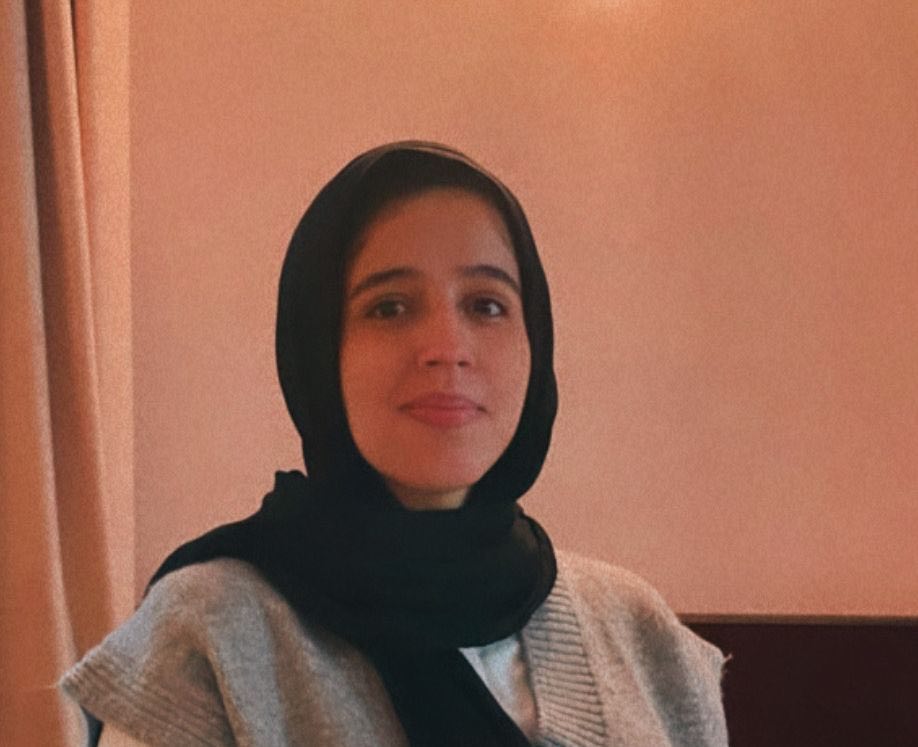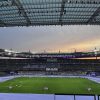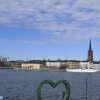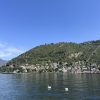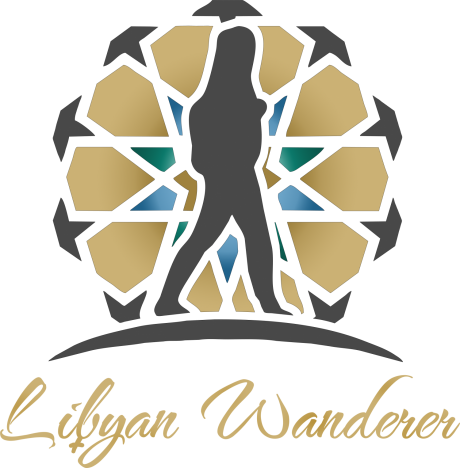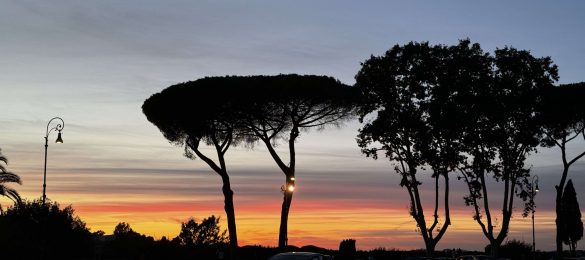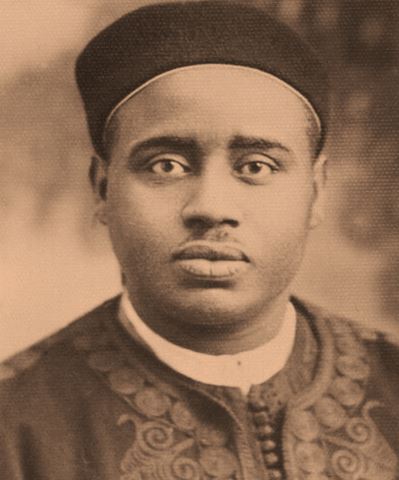
One of Libya’s most remarkable poets was Ahmed Ahmed Qanaba, who belongs to a family of Arab and African origins. The Qanaba family is of Arab origin, represented by the nobles of the city of Wadan, located in the south of Libya. During the nineteenth century, some of its members moved to Misurata. They formed a tribe known as Al-Ashraf. A branch of it was known as the Sharif Qanaba family.
The family of Sharif Qanaba then moved from Misurata to the Al-Nawfalyin district in Tripoli. Still, one of its members, Mr. Hussein Qanaba, the poet’s grandfather, did not live long in Tripoli. Therefore, he went to Wadan and from there to West Africa. There, he worked in trading, which he eventually took as a craft. He settled in the city of Zinder, one of the cities of the Republic of Niger.
The Qanaba’s Road Back to Libya
This city and other African cities and regions had spread Islam throughout its territory thanks to the early Muslim merchants. Also, the activities of religious and reform movements and the spread of Sufi orders whose radiance extended to Central Africa. During that period, the prince of Zinder honored the grandfather of the poet Ahmed Qanaba. He married and had three sons, Muhammad, Ahmed, and Hussein, born in Zinder. Af. Theyat, they grew up, they engaged in trade, which was their father’s craft.
The return to Libya began when the eldest son Mohammed, who came to Libya and settled in Tripoli, thought about that. The middle son, Ahmed, the poet’s father, and the youngest son, Hussein, remained with their father. All of whom dealt with trading with Sudan. When the middle son could travel, he became independent from his father’s work. Thus, he began to work in trading in the city of Kno, located in Hausa. Nonetheless, that did not last long, so he soon returned to Libya and settled in Tripoli.
His Upbringing & Life in Tripoli
In 1898, the honorable poet Ahmed Ahmed Qanaba was born in Zinder, Nigeria. A few months after his birth, this city faced the French invasion. Therefore, his family was forced to move to the town of Kno. At four or five years of age, he came with his father to Libya, where he settled in Tripoli.
In Tripoli, the poet Ahmed Qanaba joined the Al-Irfan office, which was considered one of the famous schools in the Turkish era. Then the Turkish Military Office (Al-Rashdiyah School) intended to complete his studies in Turkey, but exceptional circumstances prevented that.
After the Italian invasion of Libya in 1911, he joined the Italian School of Rome, where he obtained a fourth-grade certificate in the Italian language. However, his travel in 1924 to Sudan and Nigeria to end his commercial affairs in them dashed the poet’s hope of joining the Al-Azhar Mosque in Egypt. As a result, that made him the primary carer for the family and met its needs.
In 1920,
he began publishing his poems, marred by patriotic and religious overtones. Also characterized by smooth pronunciation and a penchant for wisdom and philosophy, in the newspaper “Al-Liwaa al-Tarabulsi.” In 1936, Ahmed Qanaba and some friends established a theatrical troupe of students from the famous School of Islamic Arts and Crafts.
In honor of his participation and enrichment of the cultural scene, the oldest schools in the old city of Tripoli were named after him. Recently, a primary education school in Wadan was named after him, the “Al-Sawwan” school. He has a poetry book collected and presented in a study by the researcher, Mohammed Abu Deeb. It was under the title “Ahmed Qanaba: Study and Divan.”
Ahmed Qanaba took over the administration of the Awqaf Library in Tripoli. He was a member of the literary club in Tripoli and the National Party in the 1940s. Moreover, he managed and edited his newspaper until he became an active contributing member. After that, he became a teacher in the party school.
Due to the significant role of the party and the school through enlightenment and spreading awareness, the Italian colonization forces closed the school. Hence, the poet moved to teach at the “Al-Arafat National Office” school. Still, soon the Italian authorities changed the teaching to the Italian language, forcing him to leave teaching and move to trade work. The poet Ahmed Qanaba passed away in Tripoli in 1968.
Source: الفنان الراحل عبدالرزاق بن نعسان page on Facebook and Alwasat Newspaper.
